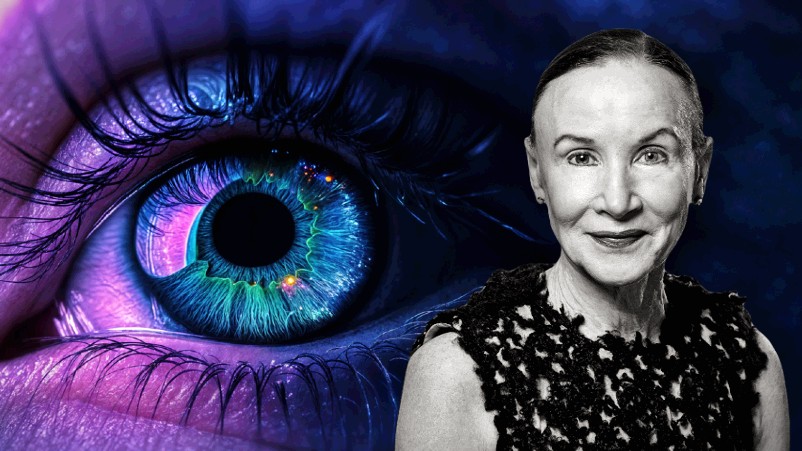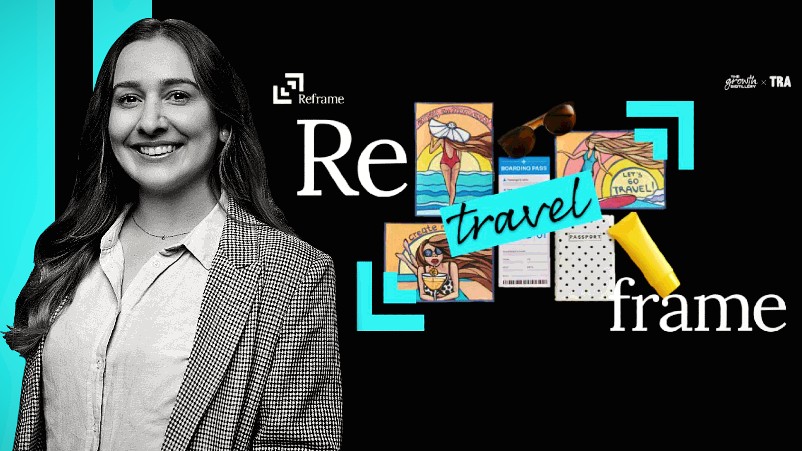Google wields knife on partnerships programme in bid to boost returns; culled digital agencies fear revenue hit, call for transparency

Google has hacked back its advertising Premier Partners programme from hundreds of Australian agencies down to the top three per cent of largest spenders. Those that have lost their status fear being shunned by larger brands, accusing Google of a lack of transparency around the financial targets required to make the grade. Others say the clear out was overdue. Google declined to confirm which Australian firms have Premier status, but Mi3 has found 15 agencies so far.
What you need to know:
- Google this month radically streamlined the number of agencies that can claim to be Premier Partners, receiving support, insight and early access to its beta products.
- In the past, some agencies with Premier status would have Google-badged meeting and tech rooms to showcase their alliance with the tech giant.
- Only the top three per cent of agencies made the cut, those that spend the most money with Google. Hundreds now fail the "hygiene factor" requirement from larger brands. Some complain Google's decision-making lacks transparency.
- Mi3 has found 15 agencies to date that have confirmed 2022 Premier status.
It’s a major problem for me. From a sales perspective, this will be detrimental to my business – and nobody can tell me why we’ve not made the cut. In terms of hard numbers, there are no metrics of success.
Who's counting?
Google has cut back its Premier Partners programme – and left some independent digital shops questioning how the tech giant has picked winners and losers while bracing for a "new business winter", because Premier status will now be seen as “a hygiene factor” in pitches.
The Premier Partner scheme accredits agencies that spend the most money on Google ads and gives them access to services and support, including performance reports, trend insights and access to beta products.
As of this month, the tech giant has limited its Premier accreditation to the top three per cent of agencies in Australia as part of a global streamlining. It is not yet clear exactly how many agencies have been affected.
Google declined to reveal how many agencies made the cut, nor how many Australian agencies had Premier status prior to its cull. A local spokesperson could only confirm that all Premier Partners will be listed by late February here via a new partners directory.
Industry estimates on the number of former Premier Partners ranged from low hundreds to more than a thousand, which means the top three per cent may represent dozens of independent agencies, alongside holding company-owned units.
The independent agencies that have confirmed their 2022 status so far include: AIA, Alley, Atomic, Bang, Bliss Search, Click Click, Impressive, Jaywing Australia, Media 33, Megaphone Marketing, Redback, Reload Media, Sparro, The Media Store and WebSavvy.
Bad for business
While agencies that have made the cut are trumpeting their status, others are counting the cost – and calling for greater transparency from Google in its decision-making.
“It’s a major problem for me,” said one digital agency boss. “Not due to losing Google support, but from a sales perspective, this will be detrimental to my business – and nobody can tell me why we’ve not made the cut. In terms of hard numbers, there are no metrics of success.”
Google’s four criteria effectively state agencies that spend the most across Google platforms will achieve Premier Partner status. These cover year-on-year client and ad spend growth; retention; ‘product diversification’, i.e. directing spend to other Google channels beyond search; and overall annual ad or Google Marketing Platform spend.
Clear out
While the tech giant has revised the scheme globally each year, this month’s cull is by far the biggest to date, and Premier status will now become “table stakes” in winning new business for bigger brands, according to consultants.
Some welcomed Google wielding the axe.
“Resetting the Google Ads partner program, removing small and legacy search agencies allows Google to restructure the partner programme focusing on certification of practitioners’ businesses and their capabilities," said Andrew Hughes, Partner at consultancy, Louder. "Partner certification is likely to be a client mandated hygiene factor for future procurement and tenders.”
But some of the largest digital agencies empathised with those that had lost Premier status – and agreed with the call for greater transparency.
“It's tough for the agencies that will get less support from this,” said Morris Bryant, Partner at Sparro, one of Australia’s largest digital shops, with billings of around $180m.
“The industry needs some level of recognition and distinction, and nothing is ever going to be fair and perfect [but] metrics and recognition around performance enhancements would probably be the fairest model over just spend,” he told Mi3. “But the market is rising – so there's opportunity for all to keep growing.”
Atomic 212 is another of the largest spending independents. James Dixon, co-founder & Chief Digital Officer, said validation and reporting, technical insights and access to beta products, such as the now shelved FloC and incoming Topics method of post-cookie customer segmentation and targeting are some of the key benefits to Premier Partnership status, alongside category insights.
Dixon thinks Google’s move is part of a broader rationalisation as it seeks to focus resources on where it will gain best bang for buck. Others agree, pointing to Amazon’s increasingly successful incursion, with the firm disclosing last week it took $31bn in ad revenue in calendar 2021.
Google also streamlined its tech stack partner and reseller businesses some three years ago after it transitioned from DoubleClick to Google Marketing Platform (GMP).
Update: A spokesperson said: "Google is committed to supporting companies as they continue to work towards meeting the new requirements, even after the launch of the new program".


